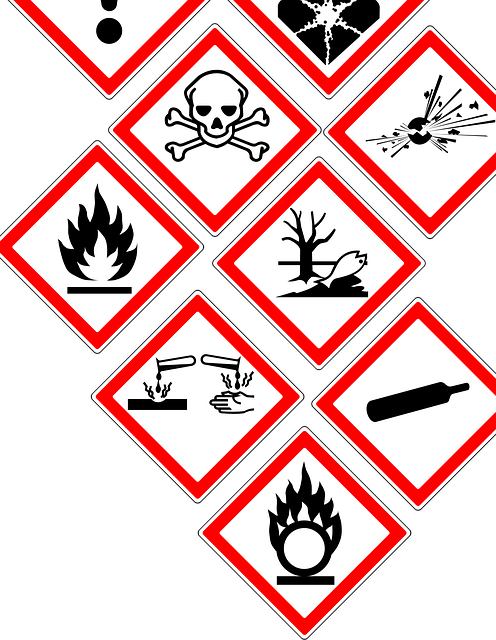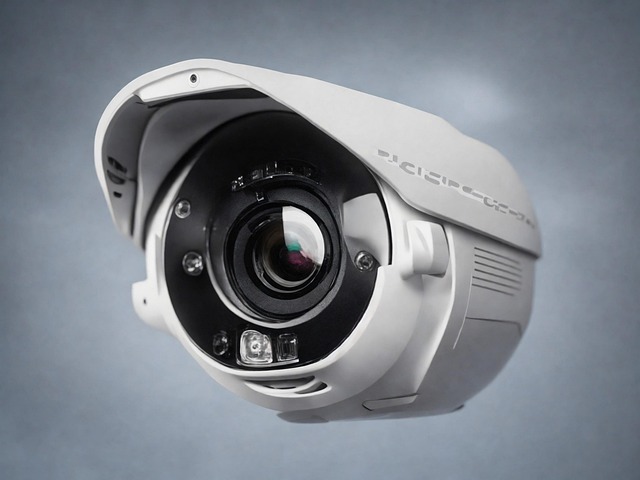Crafting Secure Havens: Private Estate Security through Comprehensive Analysis

Private estate security requires a specialized, tailored approach addressing unique asset protection…….
Introduction
Home security has evolved into a multifaceted domain known as “Residential & Estate Security,” encompassing a range of measures and technologies designed to protect homes, their inhabitants, and their assets from various threats. The significance of this field cannot be overstated, given the increasing rates of crime and the growing complexity of security challenges in an interconnected world. This article will explore the multifaceted aspects of “Residential & Estate Security,” providing a comprehensive understanding of its importance, the global impact it has, the economic implications, technological advancements, policy considerations, and future prospects.
Understanding Residential & Estate Security
“Residential & Estate Security” refers to the protective measures and systems used to safeguard private residences and estates from unauthorized access, theft, vandalism, and other security breaches. It encompasses a range of services, including physical security (such as locks, alarms, surveillance cameras), cybersecurity (protecting smart home devices), personnel (security guards or private security forces), and risk management strategies. Historically, the concept of residential security has evolved from simple locks to sophisticated integrated systems that monitor and respond to threats in real-time. Its significance lies in its ability to not only protect assets but also ensure the safety and well-being of residents.
Global Impact and Trends
The impact of “Residential & Estate Security” is felt across the globe, with varying trends influenced by geographical, cultural, and economic factors. In wealthier nations, there’s a growing trend towards smart home technology integration, while in others, basic security measures are still becoming standard due to rising crime rates. For instance, in the United States, there has been a significant increase in the adoption of video doorbells and automated home systems, such as Ring and Nest. In contrast, regions like Latin America and parts of Asia are seeing a surge in demand for traditional security services due to economic and social factors.
Economic Considerations
The “Residential & Estate Security” industry is a significant economic player, influencing market dynamics and investment patterns. The global market for residential security systems is driven by factors such as urbanization, increasing disposable incomes, and technological advancements. Investment in high-end estate security can appreciate property values and is often considered a sound investment. In developing economies, the integration of “Residential & Estate Security” can lead to improved insurance rates for homeowners, further impacting economic growth and stability.
Technological Advancements
The integration of cutting-edge technology into residential security systems has revolutionized the field. Innovations such as biometric access controls, artificial intelligence (AI)-driven surveillance systems, and IoT-enabled smart homes are becoming more prevalent. These advancements not only enhance security but also provide homeowners with greater control and convenience. The future of “Residential & Estate Security” promises even more sophisticated solutions, including AI that can predict potential threats before they materialize and blockchain technology for secure data storage and management.
Policy and Regulation
The landscape of “Residential & Estate Security” is shaped by a complex array of policies and regulations. These include privacy laws, cybersecurity frameworks, and industry-specific guidelines. For example, the General Data Protection Regulation (GDPR) in Europe imposes stringent rules on data protection, affecting how security systems collect and handle personal information. Similarly, the National Institute of Standards and Technology (NIST) framework in the United States provides guidelines for managing cybersecurity risks. These regulations play a crucial role in ensuring that “Residential & Estate Security” solutions are both effective and respectful of individual rights.
Challenges and Criticisms
Despite its advancements, “Residential & Estate Security” faces significant challenges and criticisms. Issues such as data privacy concerns, the potential for system vulnerabilities, and the balance between security and civil liberties are at the forefront. Critics also point out that over-reliance on technology can create a false sense of security and may not address human factors like social engineering tactics used by intruders. Addressing these challenges requires a multifaceted approach, including robust training for security personnel, regular system updates to protect against new threats, and clear communication with users about the best practices for maintaining security.
Case Studies
Several case studies highlight the successful application of “Residential & Estate Security” measures. For instance, the use of advanced surveillance systems in high-profile estates has led to a decrease in criminal activity in those areas. Smart home technology integration has also proven effective in deterring burglaries and improving response times to emergencies. These real-world examples underscore the importance of adopting comprehensive security measures tailored to specific risks and vulnerabilities.
Future Prospects
The future of “Residential & Estate Security” is poised for growth, with emerging trends pointing towards even more personalized and integrated systems. The use of predictive analytics to prevent crimes before they occur, the integration of drones for surveillance, and the development of AI-driven security solutions are just a few examples of where the industry is headed. As technology continues to advance, “Residential & Estate Security” will become more proactive, offering homeowners peace of mind and protecting their assets like never before.
Conclusion
“Residential & Estate Security” is a critical component of modern life, providing protection for homes and families while adapting to the changing landscape of threats and technologies. Its evolution from simple locks to sophisticated integrated systems reflects our growing need for security and control over our living environments. As we move forward, the industry will continue to innovate, offering new solutions that enhance our safety and well-being.
FAQs
What is ‘Residential & Estate Security’?
“Residential & Estate Security” refers to a comprehensive range of protective measures and systems designed to safeguard private homes and estates from unauthorized access, theft, vandalism, and other security breaches.
How has technology changed the field of residential security?
Technological advancements have revolutionized “Residential & Estate Security” by introducing smart home systems, biometric access controls, AI-driven surveillance, and cybersecurity measures that protect against digital threats.
What are some common policies and regulations affecting ‘Residential & Estate Security’?
Common policies and regulations include privacy laws like GDPR, cybersecurity frameworks like NIST, and industry-specific guidelines that ensure security systems are both effective and respectful of individual rights.
Why is ‘Residential & Estate Security’ important?
“Residential & Estate Security” is important for protecting homes and families, maintaining the integrity of personal property, and contributing to the overall safety and well-being of residents. It also plays a role in the economic stability and growth of communities by influencing property values and investment patterns.
What are some future trends in ‘Residential & Estate Security’?
Future trends include the use of predictive analytics, drones for surveillance, and AI-driven security solutions that offer proactive protection against potential threats. The integration of these technologies will continue to evolve, making “Residential & Estate Security” systems more sophisticated and responsive.

Private estate security requires a specialized, tailored approach addressing unique asset protection…….

Estate owners need robust estate protection solutions for events, renovations, or relocations to saf…….

Securing high-value properties and luxury estates requires specialized security solutions due to the…….

High-net-worth individuals require specialized luxury home security services that go beyond standard…….

In a privacy-focused era, professional security for estates and homes offers robust protection witho…….

Residential estate security demands a multifaceted approach to manage VIP visitors and service perso…….

Modern residential security systems are tailored to protect homes and families through advanced tech…….